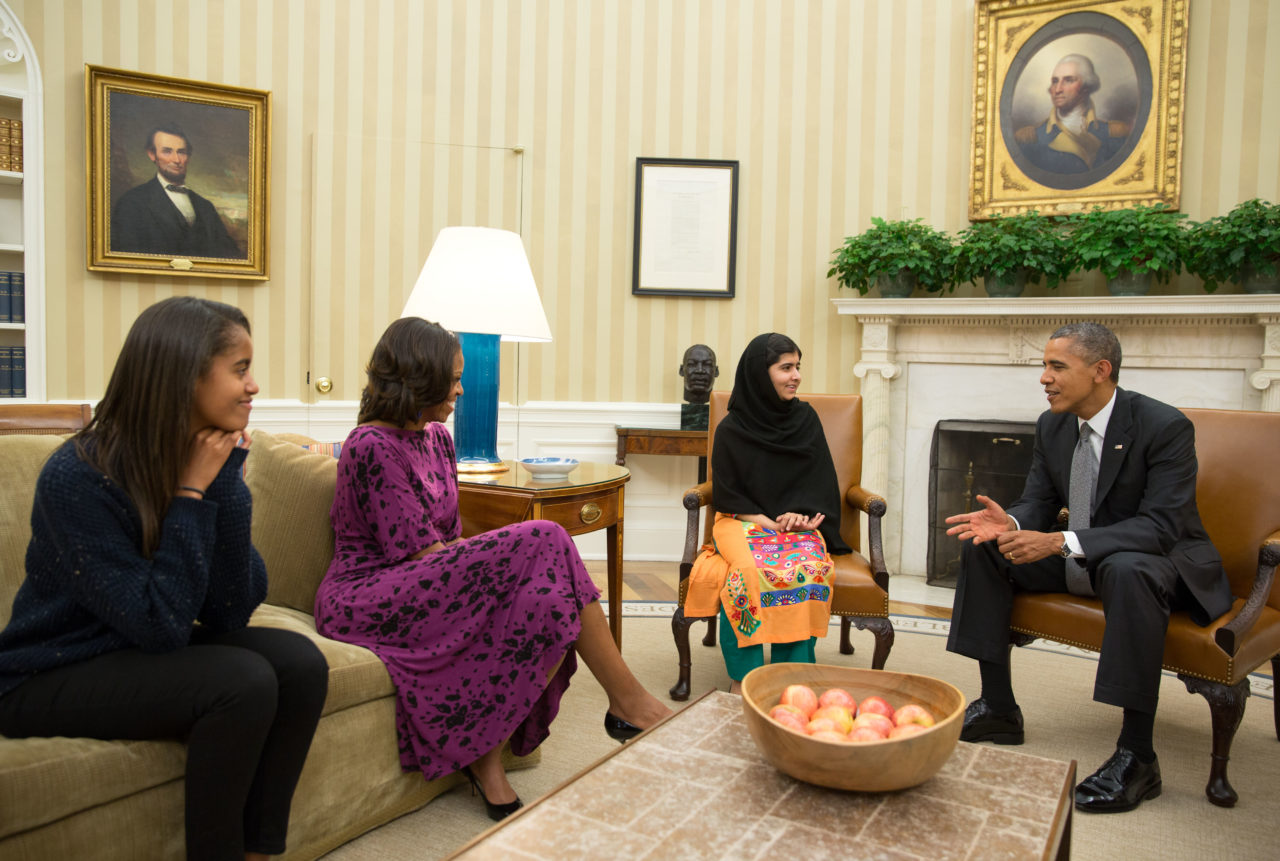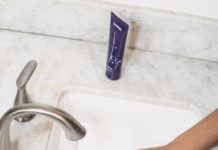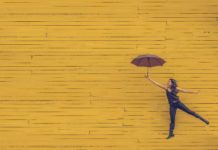For a large part of history, women were excluded from education and have had to fight to earn their place in the teaching world. Today we’ve come a long way, though with reports in recent years that women still remain under-represented in senior leadership roles, it would seem that the glass ceiling in education remains alive and well. In light of this, we should celebrate some of the inspirational and influential female educators who have left their mark on educational history, from the 18th century through to the present day. These courageous women fought for their place in education leadership and have truly left their mark on Education history.
Emma Willard (1787- 1870)
The earliest educational heroine on our list was a women’s rights activist who devoted her life to women’s education during a time when women had little rights. A high flyer who became headmistress by the age of 20, Willard became unhappy with a restrictive curriculum that only allowed women to study ‘feminine’ subjects. She went on to open the first US school that offered women higher education: The Troy Female Seminary. There, young women had greater freedoms to study subjects before only allowed to men, including science, mathematics, and philosophy.
Savitribai Phule (1831-1897)
Married at the age of 9 and taught to read and write by her husband, Savitribai was a strong willed and fearless woman who worked against the rules of orthodox Indian society. She continually struggled for the cause of women’s education in India. She opened and taught at the first Indian school for girls in Pune in 1848. She faced huge resistance from her male counterparts who threw stones and dirt at her in the street. However, she continued her activism, also opening a centre for pregnant rape victims as well as a clinic treating plague victims.
Margaret Bancroft (1854-1912)
Bancroft was a teacher who devoted herself to allowing children with disabilities educational equality. She held the belief that every child deserved an education and campaigned for special education schools at a time when such children would be consigned to asylums. Her work would go on to revolutionise perceptions of children’s disabilities and the relatively unheard of field of special education.
Anne Sullivan (1866-1936)
Best known for her outstanding work with Helen Keller, Sullivan was an outstanding teacher. Almost completely blind at the age of five and abandoned by her father after the death of her mother, Sullivan made a success of herself despite the odds. Sullivan taught the deaf-blind Helen Keller by spelling words out on to Keller’s palm. With Sullivan’s help, Keller became a great success, gaining a degree from Radcliffe College and becoming a public advocate of education for the blind.
Maria Montessori (1870-1952)
Montessori was an Italian doctor who founded a new form of education for infants still used today that focusses on hands-on learning and learning through play. At university, Montessori faced hostility from male students and teachers who opposed a female studying medicine but she persevered. Her lifelong work in scientific pedagogy revolutionised infant education and the education of mentally disabled children.
Mary Mcleod Bethune (1875-1955)
Bethune was an African-American Civil Rights Activist who fought for the education of African-American students during the time of the Jim Crow laws. Like many activists, she faced severe resistance, however she went on to open a private school for African-American students which later developed in to a university. She was later selected as an adviser to President Roosevelt.

Ann Cotton (1950-)
In more recent history, Cardiff-born Ann Cotton founded the Campaign for Female Education, also known as CAMFED. CAMFED is an organisation that educates young women in rural Africa. Her work has supported African girls through school and helped to lift them out of poverty. She has given the opportunity of education to girls in poor African communities and changed their lives forever.
Judy Sorrell (1953-)
Judy Sorrell has devoted her life to providing education for US children with disabilities, after seeing the way a cousin with Down Syndrome was treated and segregated from other children when they were in school. She now co-ordinates SEN services across six US districts and is praised for her work in Autism education. Her life’s work consists of educating professionals within education to better understand and teach children classed as SEN. She is also a specialist in brain injury.
Kakenya Ntaiya (1978- )
A feminist educator and activist born in Kenya, Ntaiya has campaigned against FGM (female genital mutilation) after having undergone the horrific Maasai tradition herself in order to be allowed an education. She now holds a Doctorate in Education and has received countless awards for her work in promoting the education of girls and raising awareness of the dangers of FGM.
Malala Yousafzai (1997-)
Malala has become an icon of female education, being the youngest ever winner of the Nobel Peace Prize. She is a well-known and renowned Pakistani human rights activist and advocate of female education. At the age of 11, she was a blogger for BBC Urdu who detailed her life under Taliban occupation of her home. After being injured in a Taliban attack, Malala became a symbol of women’s education, thereafter tirelessly campaigning as ‘the girl who stood up for education’.











